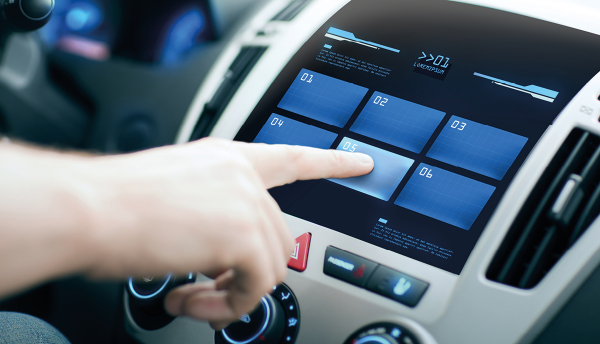
Toyota has announced it will create a Mobility Services Platform (MSPF), which will collaborate with various service providers and telematics insurance. The MSPF will have "various functions to support mobility services" and "leverage the Toyota Smart Center (TSC), the Toyota Big Data Center, and financial services", according to a Toyota statement. The automaker will aggregate individual business functions it has created and offered to mobility service providers, including vehicle management systems and leasing programs. Toyota also announced that it has developed a Smart Key Box (SKB) for car-sharing users to lock and unlock doors or start the engine with their smartphone. The SKB is a physical unit to be placed in a car. The smartphone application receives codes from the SKB, which are authenticated with the device through Bluetooth low-energy communications for access to the vehicle. Toyota said that parameters for when the user can access the SKB are set and managed by TSC. Toyota's Mirai Creation Investment Limited Partnership has made a strategic investment (amount undisclosed) in car-sharing company Getaround. Toyota and Getaround will launch a pilot programme in January 2017 in San Francisco, California, United States. This will include a new financial product from Toyota Financial Services in which a lessee can use income from car-sharing to help generate his monthly lease payment. "Based on the exploration results, Toyota will consider using the MSPF for other mobility services in Japan, like unmanned rent-a-car businesses," said the automaker.
Significance: Toyota seems to be playing a bit of catch-up in this mobility space, though it has invested in Uber. GM and Ford are among the companies that have already created mobility divisions and Audi recently announced a car-sharing trial. Ford's Peer-2-Peer experiment, announced in June 2015, leveraged Ford Credit for a similar program relative to offsetting lease payments with car-sharing income. In the United States, Ford's project used Getaround software. While many existing automakers offer smartphone apps that enable the car to be turned off or on or locked or unlocked from a phone, those apps are designed for owners and would be unable to react if a vehicle were kept too long or to other potential issues. Volvo has also been exploring the idea of digital keys using a smartphone app but enabling short-term, non-owner vehicle use.








